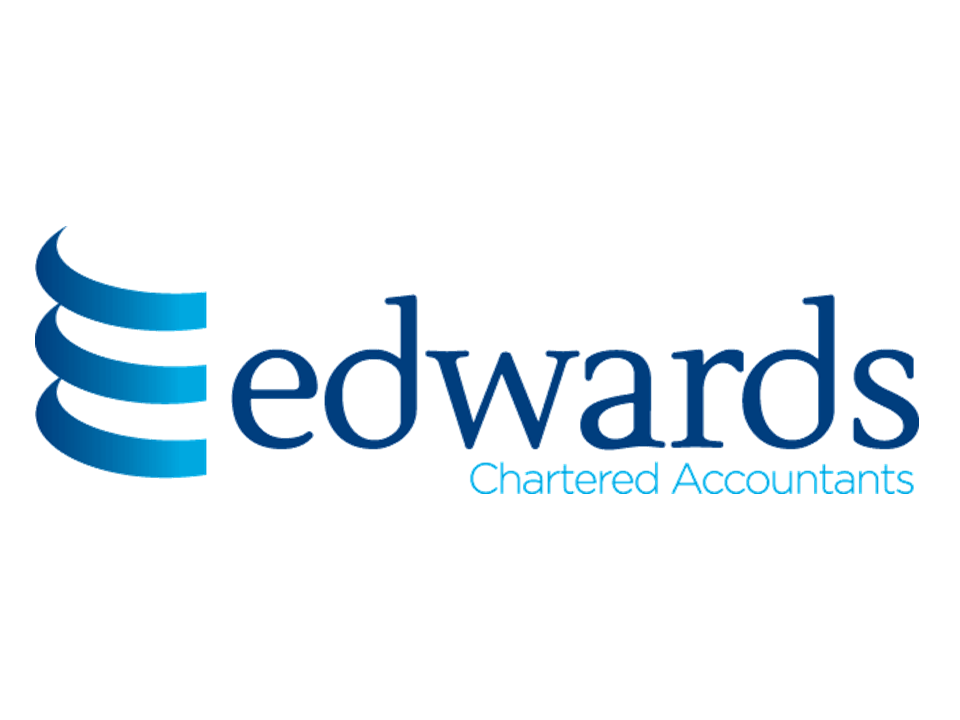Considering Business Restructuring with Edwards Chartered Accountants

Many business owners explore the idea of restructuring their companies and establishing a holding company due to the numerous benefits it offers.
At Edwards Chartered Accountants, we understand that companies often opt for a holding company structure to achieve tax efficiencies, mitigate risks, or prepare for future sale or succession. The creation of a holding company presents clear advantages, such as safeguarding profits and segregating assets, such as business premises, from the primary trading entity.
In this article, we will delve into what a holding company entails, its versatile applications, and the merits of embracing this form of business restructuring.
Understanding the Concept of a Holding Company
A holding company specialises in handling business assets, investments, and management. Unlike operational companies, a holding company doesn’t produce goods or services; its primary function typically involves separating assets from trading entities. These assets can encompass shares, intellectual property, and real estate holdings.
It’s a common misconception that only large companies benefit from holding companies. Edwards Chartered Accountants advocates for the advantages of restructuring your business, particularly where there are valuable assets such as property to achieve the separation of those assets from the inherent risk of trading companies, which we will explore further in this article.
The Significance of a ‘Wholly Owned Subsidiary’
When a business is entirely owned by a holding company, it is referred to as a ‘wholly owned subsidiary’.
Benefits of Establishing a Holding Company
Creating a holding company under the guidance of Edwards Chartered Accountants offers several advantages:
- Risk Mitigation: Structured correctly, a holding company minimises the risk associated with subsidiary companies, safeguarding valuable assets. In case one subsidiary faces bankruptcy, creditors can only seek remuneration from that specific subsidiary, preserving the overall business.
- Property Management: Holding companies can hold both tangible and intangible assets, including intellectual property, land, buildings, and trading stock. This allows for flexibility in passing on or selling the trading company while retaining ownership of the property.
- Tax Advantages: Restructuring your business can yield significant tax benefits, such as enhanced tax efficiencies in Corporation Tax, Capital Gains Tax, and Stamp Duty Land Tax, provided you follow the proper procedures and obtain advance HMRC approval.
- Group Synergies: Implementing a group structure can lead to operational synergies, with centralized functions like administration, marketing, and finance operating from the holding company. This centralisation can result in cost savings.
- Asset Protection: Placing assets, such as property, into a holding company ensures the longevity of your business. In the event of your trading company going into liquidation, your assets remain protected.
- Riskier Investment Opportunities: A holding company shields subsidiary companies, enabling you to explore riskier investment strategies while protecting the overall business from potential losses.
- Succession Planning: Business restructuring can provide more options for succession planning, whether passing on the trading business to family members or strategically selling parts of the company over time.
- Preparing for Sale: Edwards Chartered Accountants recommends restructuring as a strategic move to prepare for a future sale. This allows you to sell different parts or subsidiaries at various times, demonstrating your foresight.
Considerations and Disadvantages
While holding companies offer numerous advantages, there are some considerations and disadvantages to be aware of:
- Additional Administration: Maintaining both a holding company and subsidiary companies can increase administrative and financial requirements, potentially leading to higher costs and challenges. Dissolving a holding company can be easier compared to merging a single business entity.
- Management Conflict: The desire to influence subsidiary company policies and decisions can sometimes lead to conflicts within the management structure.
- Initial Setup Costs: Establishing a holding company structure may incur initial expenses. However, with the right tax advice and the efficiencies it offers, the long-term benefits can outweigh these costs.
Owning Assets in a Holding Company
The primary objective of restructuring often involves separating assets from a trading company. A common group structure includes a holding company and a trading subsidiary. In this arrangement, the holding company retains ownership of valuable assets, while the subsidiary engages in riskier trading activities. Each company maintains a separate legal entity, ensuring asset protection and limiting group losses in case the trading company faces difficulties.
How to Register a Holding Company
The process of registering a holding company is similar to that of registering other private limited companies. Specific legal requirements must be met, such as:
- The main company (parent company) must own more than 50% of voting rights in its subsidiary companies.
- The main company (parent company) must be a member of its subsidiary companies and have the authority to appoint or dismiss managers or directors when necessary.
- The main company (parent company) must hold the majority of voting rights in the subsidiary companies, as per shareholder agreements.
While it is possible to register holding companies independently, Edwards Chartered Accountants strongly advises seeking professional guidance and utilising the expertise of a tax specialist to ensure proper setup for maximum benefits.
In Summary
The advantages of establishing a holding company are evident, but it’s essential to recognise that once set up, dismantling the structure can be challenging. Therefore, seeking expert advice from Edwards Chartered Accountants is crucial to avoid unexpected tax charges or complications.
Edwards Accountants are a leading Chartered Accountants in Walsall and the Greater Birmingham Area. The specialised corporate tax planning team is ready to assist you in determining the most advantageous structure for your holding company to optimise tax benefits and secure your business’s future. Get in touch with the team today to find out how they can help you.

